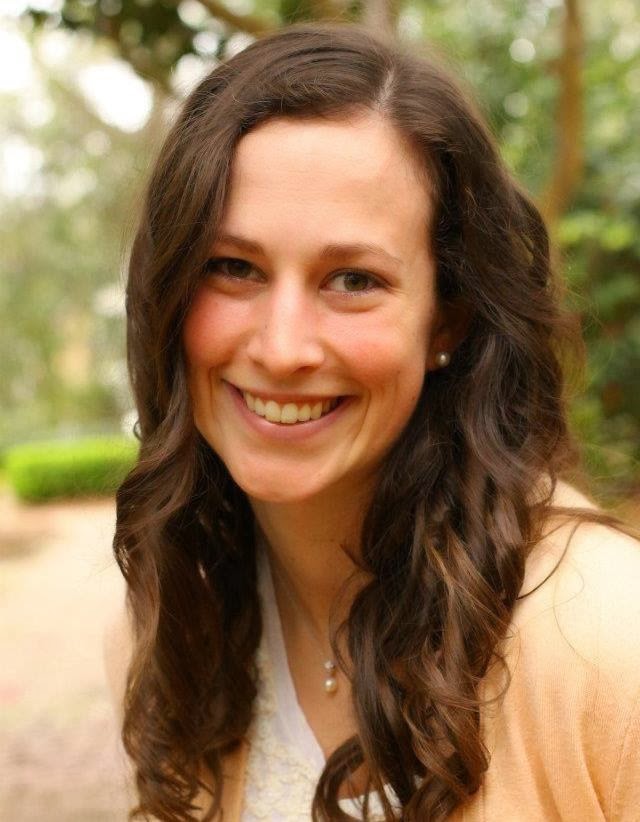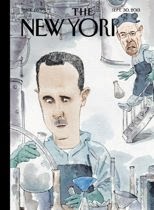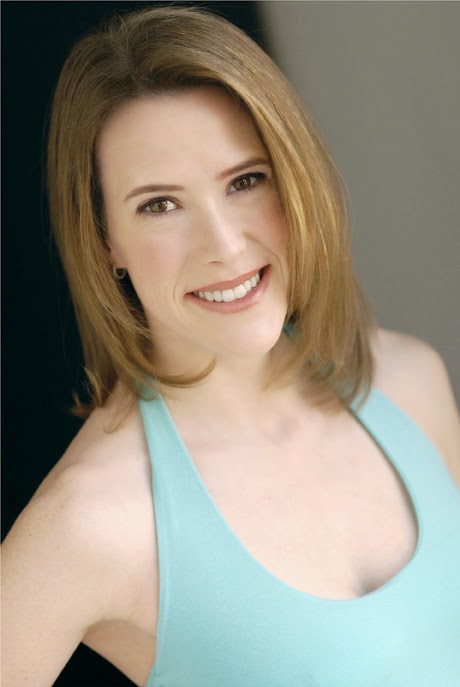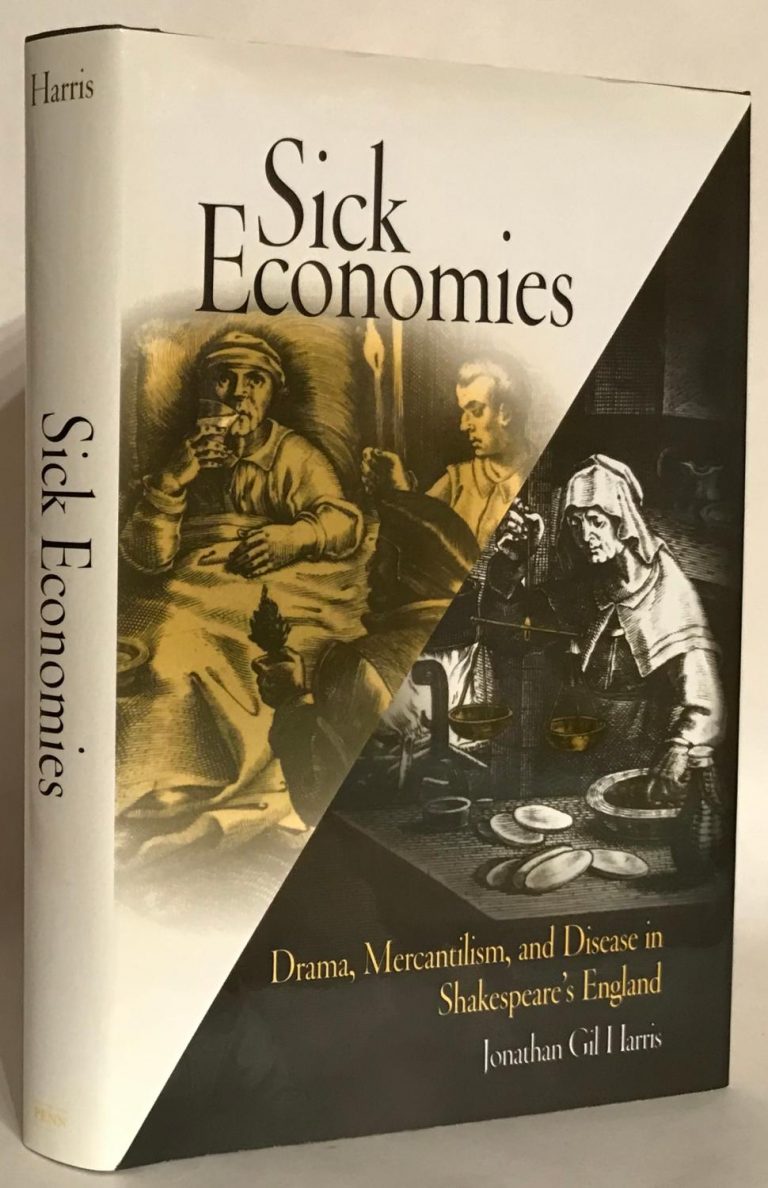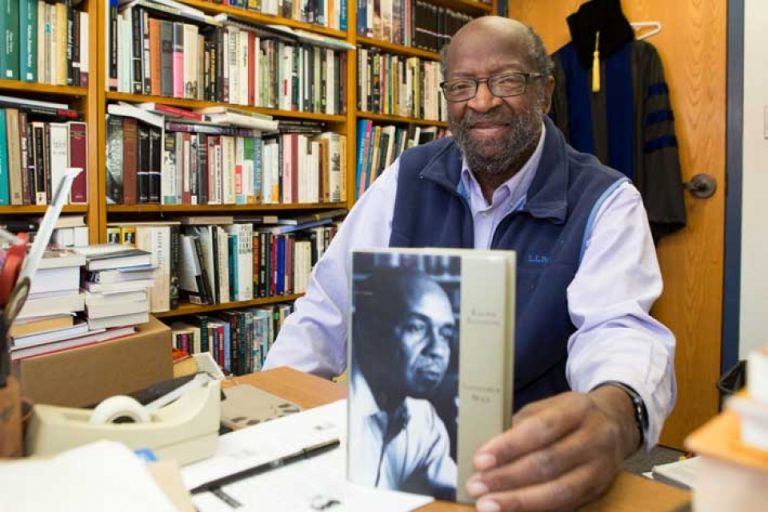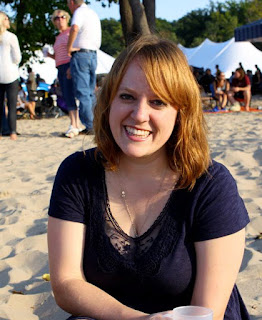“Sharing my work [at GW], and reading the work of others, critiquing and being constructively critiqued, got me thinking about aspects of writing fiction that I had never thought of before.” – An interview with GW grad Elizabeth Stephens.
.jpg) |
Elizabeth Stevens has just published her
first novel, Population |
1. I’m as intrigued by your life story as I am by your just-published novel, Population, so let’s start there. You’re currently living, I think, in South Africa. How did that come about?
Yes! I am currently living in Johannesburg. The road was long from GWU to Jozi, but I’ll do my best to give you the shorten version. At GWU I studied international affairs with a concentration in the Middle East. My sophomore year I studied abroad in Cairo, but was evacuated in 2011 to Amman at the onset of the Egyptian Revolution. I completed the scholastic year there. In 2012, I spent another semester studying abroad in Paris, but my real passion was and still is for the Middle East, so upon graduation I returned to the region with an internship at the UNRWA (the United Nations agency for Palestinian refugees) in Beirut, Lebanon. Given the spillover from the conflict in Syria, and the fact that I was living in the Shia, Hezbollah-controlled southern suburbs, I was forced out due to violence. At this point I had nowhere to go, and rather than return to the States, I decided to move in with my boyfriend, who was then completing his masters degree at the IHEID in Geneva.
Moving to Geneva, I found a position as communications officer within a human rights organization, Future of Human Rights Forum. Over the course of the next year, I started managing some of their communications assistance projects targeting youth in underserved regions. While the experience was an unforgettable one, after a year I was ready to move on and when my boyfriend’s company opened an office in Johannesburg, I figured, why not?
So that’s what brought me to Johannesburg, where I currently work for JvO Consulting, a firm that specializes in strategic communications. Our clients are mostly mining related and range from big intergovernmental organizations to independent governments to private sector mining companies. The work I do now is much different from what I was doing before, but also so much fun! Working as an independent consultant also affords me time to work on my book(s), so I really couldn’t be happier.
2. You’ve also traveled the world a good deal as, I gather, a journalist. Tell me something about that. Did your background as a literature student at GW inspire/enable that in any way?
Absolutely! My entire academic career at GWU has helped me invaluably throughout the course of my career. Being a journalist in the Middle East would not have been possible without the knowledge I gained throughout my international relations coursework and my early writing classes helped me identify the differences among research, literary, and journalistic forms of content. My coursework at GWU helped me become a more concise writer. As I moved across the Middle East from Cairo to Beirut to Tunis, where I did some consulting work with the OECD, I was able to translate that knowledge into freelance journalism. From there, I had political articles on the Middle East published in a number of online magazines across Europe and Africa. I also hosted a travel column in a UK-based magazine by and for women.
.jpg)
3. I’ve read the first couple of chapters of Population. It’s a dystopian story of women trying to survive in a lawless post-apocalyptic America. Talk a little more about its plot, and about your long-established interest in the horror-story mode.
Horror and romance are strangely enough my two favorite genres and I absolutely adore any artistic work that combines both. My favorite authors and titles includeThe Gargoyle by Andrew Davidson, Hellbound Heart, Abarat and Mister B. Goneby Clive Barker and pretty much everything ever written by Stephen King. I have previously published short stories in the horror genre, almost all of which are touched with elements of fantasy.
I like to consider Population a horror-meets-romance, action-adventure fest. Abel, my protagonist, is a young woman struggling to keep herself and her family alive in world run by beings from another planet, the Others. The Others hunger for power and also for the taste of human flesh. All but extinct, Abel is one of the last humans left alive in the desolate and harsh landscape that survivors have come to call Population. She is calculating and keeps a list of rules to live by that guarantee her survival, but when her best friend’s daughter is taken she has to make a choice: risk her own life, or leave a young girl to die.
Choosing to abandon her list of rules and defy all her better instincts, Abel embarks on a dangerous quest across Population. Along the way, she finds herself in an unlikely alliance with one of the things she hates and fears most — one of the Others. In order to rescue her best friend’s daughter she’ll have to delve further into his world than she could have ever imagined. In doing so, she’ll also have to learn how to trust as he offers her something utterly foreign in Population: hope.
I’d also like to add that I really love Abel as a main character. She’s a strong female protagonist of color. In my opinion, even though the market has recently opened up for women with an increased number of female leads in popular fiction, there is still an annoying shortage of characters of color. I have one white parent of European ancestry, one black parent of African descent. As a mixed race child, I remember how difficult it was to identify with the characters in the books I read because none of them ever looked like me. They were all white and most of them were also male. So when I first wrote my very first story — a science fiction saga that I drafted at the age of 11 — I made sure to include a diverse range of characters. I’ve stuck to this trend ever since.
4. Do you have other novels brewing? Are they in the same genre?
Always. I must have two dozen stories that are in varying stages of completion — or incompletion in most cases — on the backburner. The one I’m most excited about at the moment is Population, part two — don’t worry that won’t be the final title. ***Spoiler alert*** Population ends on a cliff hanger so a second part is absolutely necessary to continue Kane and Abel’s saga.
Population part one is quite graphic, particularly in how it deals with being a woman in violent environments. I wrote the novel this way because I feel that these are realities faced by real women living in war zones and conflict environments. As I mentioned, a good portion of my undergraduate career at GWU was spent studying human rights in the Middle East. Living in Cairo during the Egyptian Revolution also showed me how desperate the plight for women can be when law and order collapses. Abel’s experiences in Population have been largely shaped by my own experiences in and study of conflict and post-conflict areas. Unfortunately for those weak of heart — or stomach — the second part ofPopulation will continue to pick up on these issues, many of which we don’t discuss or talk about in our society.
You can expect to see the second part to Abel’s journey hit the shelves in April 2016. As for my other works, they are generally of the same genre — that grey area where horror and romance may meet. Some are more fantasy driven while others stick to the real world, and others are other worlds altogether! Whether I’m working on a long or short work, or an adult or young adult manuscript, one thing that remains consistent is my strong lead characters. That, and the fact that most of my books are pretty insane.
5. Tell us something about your GW experience. Did you take literature as well as creative writing courses? Were there professors who had a special impact on you?
One of my biggest undergraduate regrets is that I did not get a chance to take as many writing courses as I would have liked. I took the required writing courses and though I was loath to do it, they helped me invaluably in determining how to write research reports and journalistic pieces. As someone who has previously worked as a journalist and who is now working in communications — and loving it! — these courses have had an immense and positive influence on my professional success.
One of my favorite courses I took at GWU however, was a fiction workshop with Tim Johnston. I hadn’t had much experience in writing shorter works and was nervous to share my writing with my peers, as I am also an extremely private person when it comes to my artistry. This class changed all that. Sharing my work and reading the work of others, critiquing and being constructively critiqued, got me thinking about aspects of writing fiction that I had never thought of before. I learned to pay more attention to mechanics and structure so that now when I write I avoid simple yet damaging mistakes. Several of the works I wrote for that class I later went on to publish.
6. Do you have any advice for current students who might want to pursue a writing career something like yours?
I have three main pieces of advice for students of literature: the first is to always say yes! Don’t let opportunities slip by, because you never know how they may help you in the future. Though I was only ever paid for one piece of writing before I published my book — a short horror story that placed 5th in an online competition — every single article or story that I put out there strengthened my foundations as an author, and gave increased credibility to my later works.
My second piece of advice would be to network, network, network! Things are changing rapidly in the world. Access to technology and global consumerism have lowered the barriers to entry into many industries, making being an author more accessible in some ways, but in others, significantly more difficult. While it’s easier now than ever to publish a book, it’s also harder to find a publisher or literary agent to represent you.
My freshman year in college was the first time I completed a full-length manuscript. I spent years afterwards trying to find an agent to take on this young adult book. I wrote query after query and received rejection after rejection. Don’t get me wrong, I had some bites in the beginning and enough encouragement from publishers to keep me going, but nothing concrete ever came of it. But one day — the day that I finished writing draft one of Population — my mom met a woman who just happened to be opening a publishing company and who just happened to be focusing on authors and characters of color. She read my novel that evening and loved it so much that six months later I’m looking my own book up on Amazon.
My final piece of advice to new and aspiring authors would be to never give up, never surrender! I think the hardest part about being an author is finding the time and the will to continue in such a competitive (and sometimes less than lucrative) industry. However, my books arrived today in paperback and I can tell you that there is no better feeling than holding a physical copy of your own book in your hands. It makes every moment of writer’s block and disappointment and rejection worth it a thousand times over. So don’t ever give up on your passion and don’t ever stop writing. For me, I can tell you that it doesn’t even feel like an option. Writing has been stitched into my skin and into my soul.
Congratulations Elizabeth!
Population can be found via:
.jpg)

.jpg)
